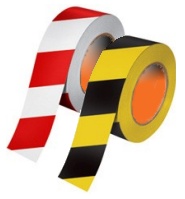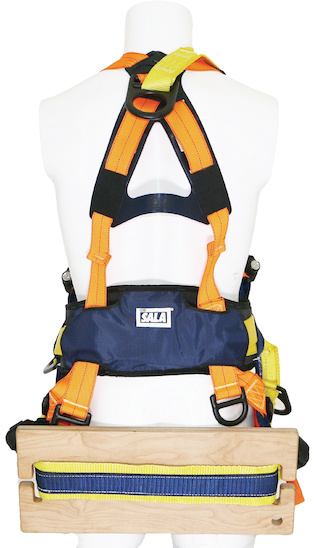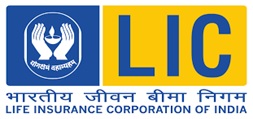Training Objective:
Driving is possibly the most dangerous thing you do at work and in your own time.
The Defensive Driving Course will help you to understand your car and improve your skills so that you can keep yourself, your family and other road users safe. A defensive driving course provides knowledge and hands-on-skills training to help keep you safe on the road. This defensive driving course includes theory and practical sessions to develop safe driving behaviour.
Drivers will drive their own vehicle during the practical components of this course (must be registered and subject to basic safety checks). All practical components are conducted at suburban traffic speeds and all relevant road laws must be adhered to at all times. There is no risk of damage to the vehicle if all instructions are followed.
Who Should Attend:
All drivers who is interested to develop his skill in defensive driving. Corporate / government / Schools / Collages / mining / Industries / Individual and public groups welcome. Learners may attend but only with a parent / supervising driver. The parent / supervisor must also purchase the defensive driving course and will be able to participate in all activities. The same vehicle can be shared.
Topics Covered:
AM Session – Theory – Comprehensive multi-media presentation on driving and road safety.
PM Session – Practical – Range of exercises to develop emergency car control skills.
Theory content includes –
- Understanding human factors
- Defensive driving techniques
- Managing and reducing risks associated with driving
- Vehicle performance and systems
This is no boring class room session. There is plenty of time for group discussion and interaction and the content is presented using interesting examples, videos and pictures.
The skills component is hands-on and includes –
- Vehicle maintenance
- Seating position
- Steering technique.
- Simulated emergency braking exercises
- Low speed maneuvering exercises
MLS has identified that most car crashes are associated with –
- Distractions
- Speeding
- Driving when tired
- Trip and time management
- Not wearing seat belts
- Vehicle loads
Knowledge Covered
- Concentration and Attitude
- Risk Taking Behaviour
- Fatigue Awareness and Time Management
- Effects of Speed
- Vehicle Loading / Trailer Towing
- Trip Management
- Road Law
- Alcohol Awareness
- Drug Awareness
- Common Crash Scenarios
- Safety in the car
- Driving Position
- Steering Techniques
- System of Vehicle Control
- Braking Systems
- Tyres
- Emergency Procedures
- Defensive Driving Techniques




















